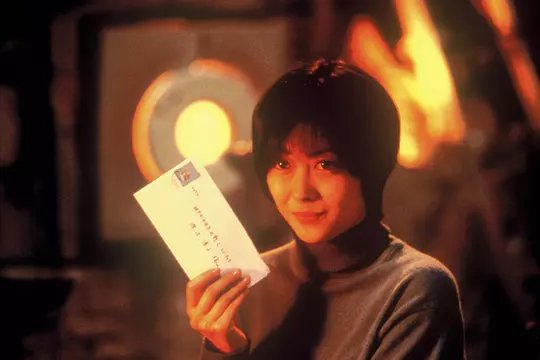Love Letter” is a classic love film, the first internationally acclaimed feature film directed by the famous Japanese director Iwai Shunji, which quickly caused a sensation in the Japanese and international film industry since its public screening in 1995. The film has become one of the most popular Japanese romantic films of all time, with its timeless and deep love.

The film “Love Letter” tells a clean and simple story: a young girl, Hiroko Watanabe, cannot help but send a short letter of greeting to her fiancé, who died two years ago, because she misses him and has obtained an address by chance. Even Hiroko herself knew that it was a letter that would never be returned, but she eventually heard back.
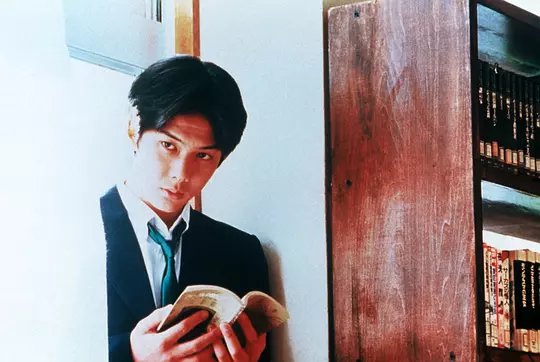
The delighted Hiroko inquired and found out that the person who wrote back looked exactly like her, a beautiful young girl with the same name as her fiancé, and coincidentally, the two Fujii Itsuki were in the same class. So these two young girls began a frequent correspondence, leading to a beautiful and heavy story about the whispering of love.
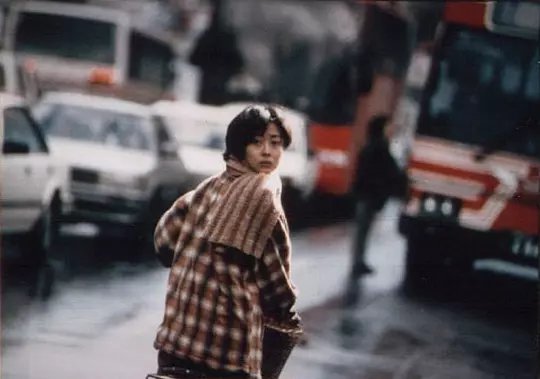
In this film, memory is a very important part of it. The alternation between memory and reality creates the overall plot of the film, where past love and youth gradually become clear and profound in the memory of the past. In the film, all key elements including time, love and death are realized through memory. The reawakened memory not only bridges the gap created by time and space, but also transcends the boundary between life and death, confirming the love between two unrequited love affairs. It can be said that Love Letter is a film with memory as its narrative base.
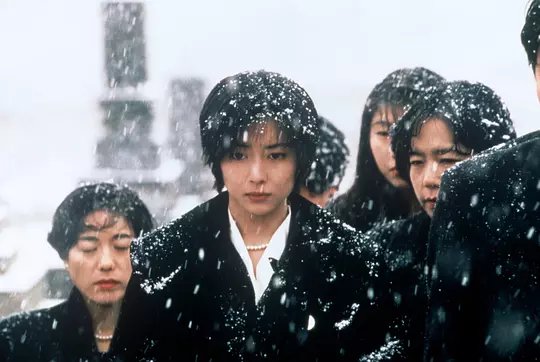
Director Iwai Shunji’s editing skills for the film are very smooth, and the color of the images and the control of the camera are very simple, without unnecessary and unnecessary splendor. In Love Letter, Iwai attempts to establish his unique film aesthetic principles, which is a Japanese aesthetic style with universal values. The camera language of Love Letter shows us a pure and ambiguous artistic beauty. Due to the director’s own artistic concept, the film is able to mobilize the viewer’s emotions from the visual perception first, and then can make people truly follow the characters in the film into an immersive experience, thus triggering strong empathy among the viewers.
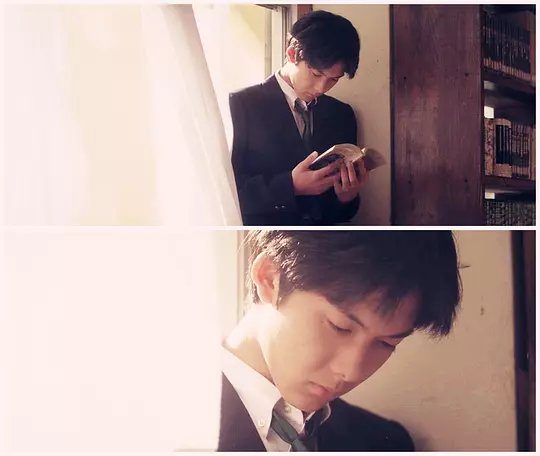
At the same time, the director discusses a theme related to love and memory through the story itself, and this theme runs through the film from beginning to end. Despite the death of a loved one, love can be reawakened by memories, and memory makes love clear, even though it is only a youthful dream of the past. The years that have passed in the film become clear with memory, and only at the end is the love found in it. Although it is tinged with sadness and lament, it also expresses the director’s understanding and elaboration of emotions at the same time, the nature of love is not everything as it should be, everyone has tasted sadness, Iwai Shunji incorporates his own rich understanding of love behind the story, giving people a deep touch and inspiration.
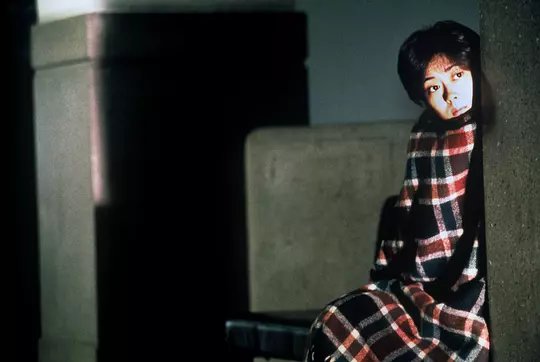
Throughout “Love Letter”, the director slowly narrates heavy emotional experiences with clear and soft shots, hiding and revealing strong love and emotions under the unfolding shots, and making them come alive and warm again in the narrative, a romantic atmosphere that is unforgettable to the audience.
Iwai Shunji’s unique aesthetic concept of both mourning and romance gives the film a strong Zen feel. The director’s recollections of the past and the depiction of life and death in the film are extremely oriental, subtle, beautiful and innocent feeling. While the film explores love and memories, the cherishing and reflection on life is also worthy of the viewer’s careful taste, and it can be said that this is a classic masterpiece in Iwai Shunji’s filmography that cannot be ignored.
